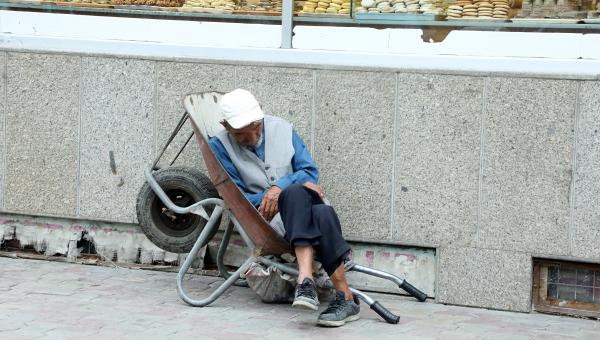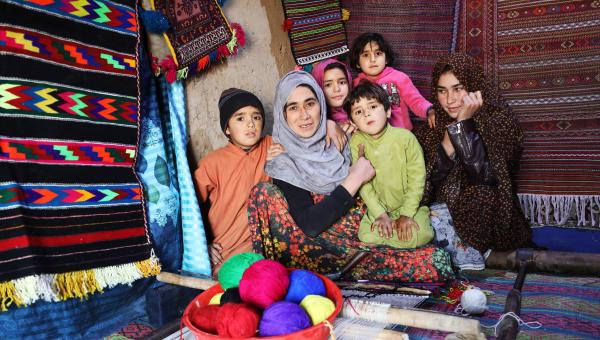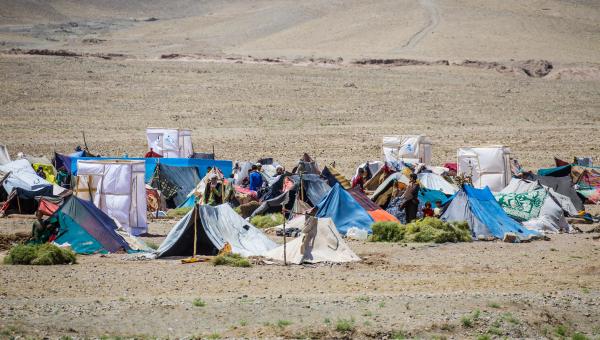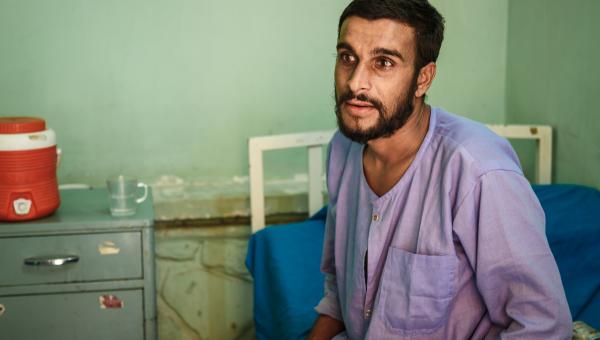Livelihood Promotion in Tajik-Afghan Cross - Border Areas (LITACA-III)
Overview
The LITACA III is a four-year cross-border project, funded by the Government of Japan through the Japan International Cooperation Agency (JICA) and implemented by UNDP Tajikistan in cooperation with UNDP Afghanistan. LITACA III aims to help communities by building community-based infrastructure, creating One Village One Product (OVOP) by providing equipment and supporting marketing, labelling, design, and export. LITACA III is a continuation of the previous phases of LITACA I and II, which have been implemented since 2014.
The project aims to improve living standards in the bordering provinces of Tajikistan and Afghanistan by promoting livelihood opportunities, market access, and cross-border cooperation. The project covers Badakhshan, Takhar, Kunduz, and Balkh provinces in Afghanistan, and runs from April 2021 to March 2025.
The project has three main goals: (i) to create more employment opportunities for the communities living in the border provinces; (ii) to increase the market access and competitiveness of the LITACA products, which are locally produced goods that foster cross-border collaboration and cultural exchange; and (iii) to facilitate cross-border trade by improving the infrastructure and regulatory environment. UNDP provides core resources to ensure the project's flexibility, quality, and transparency, which are essential for the effective management of development funds.
Objectives
- To help SMEs by providing equipment and supporting marketing, labeling, design, and export. The beneficiaries are small and medium farmers, agro-processors, and handicraft workshops, both individuals and cooperatives and traders (wholesalers, retailers, small- and medium-sized enterprises) in Afghanistan and Tajikistan. The project focuses on supporting vulnerable women, unemployed youth, and people with disabilities.
To create sustainable livelihoods and increase incomes, create markets for commodities produced in the targeted areas, and promotion of cross-border cooperation between Tajikistan and Afghanistan. The beneficiaries (120,000 individuals) are small and medium farmers, agro-processors, handicraft producers, cooperatives, and traders (wholesalers, retailers), and small and medium-sized enterprises on both sides of the border.
Major Achievements
- 150 Afghans completed vocational trainings and became self-employed with the help of startup kits.
- 9 OVOP groups were formed in four provinces, involving 427 producers and entrepreneurs who received technical and skills development training.
- 44 community infrastructures were built or improved, including 18 public and 26 productive ones, benefiting over 250,000 people, 40% of whom were women.
- 17634 labour days were generated for 318 workers, 113 of whom were skilled and 205 unskilled, through the cash for work schemes.
- 919 people, including 849 youth, gained jobs and improved their livelihoods.
Related Materials
Impact
Relevant Content

 Locations
Locations





